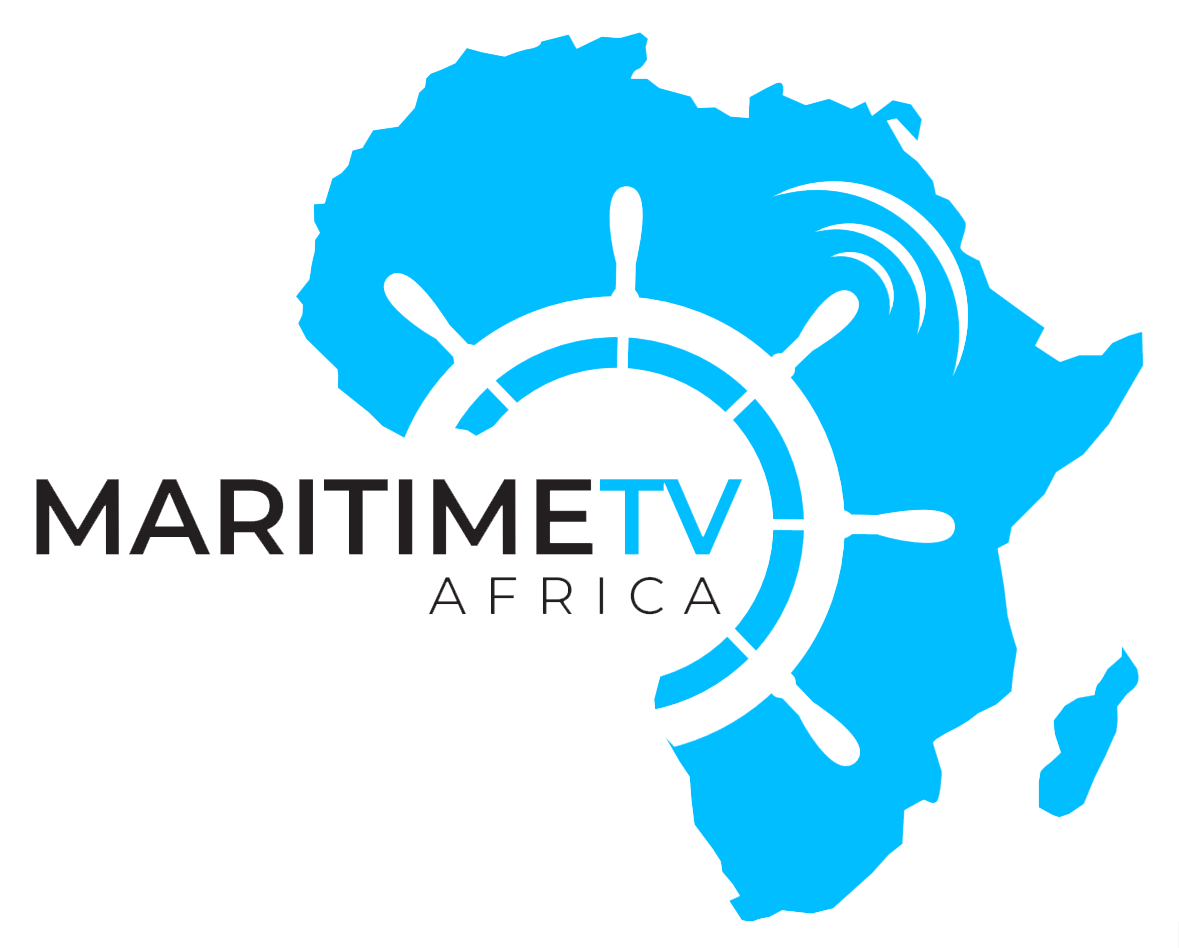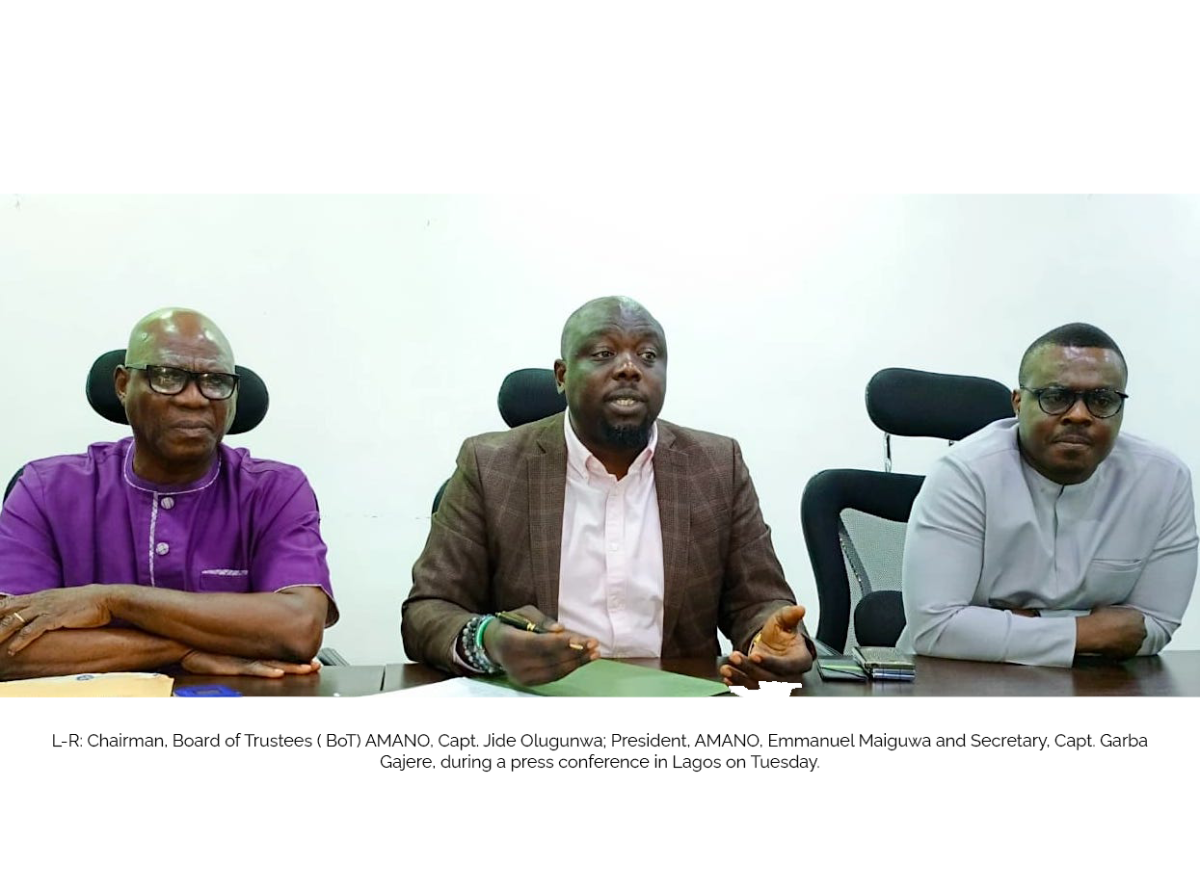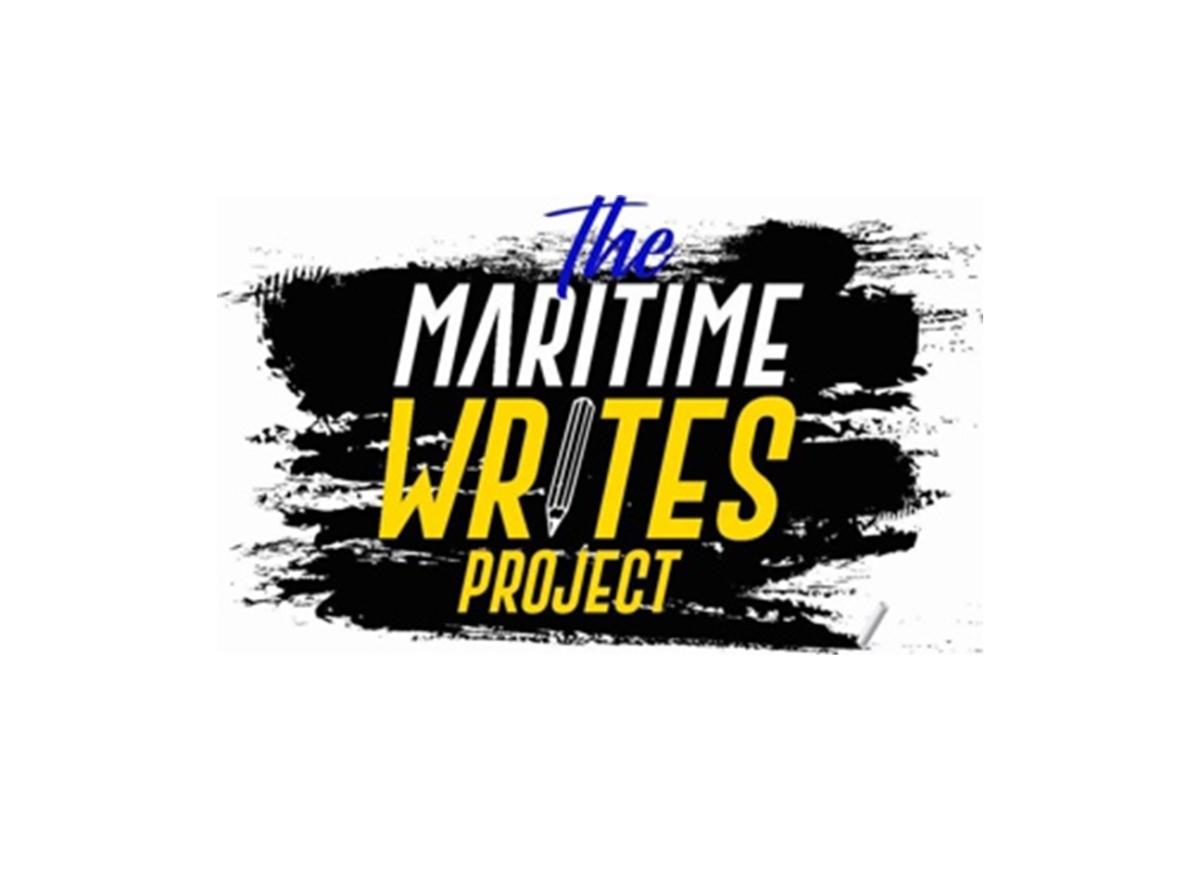
…Urges FG to set up Special Intervention Fund to attract experienced mariners as lecturers
Nigeria’s civil service and budgetary conditions for contract employment has impaired opportunities for the Maritime Academy of Nigeria to attract experienced, forward-looking mariners as lecturers despite the recent commendable efforts at upgrading its infrastructure and equipment, the Alumni of Maritime Academy of Nigeria, Oron (AMANO) has said.
President of AMANO, Emmanuel Maiguwa Gankino-EMG made this disclosure on Tuesday in Lagos at a press conference put together by the group to address the state of affairs on Maritime Capacity Development in Nigeria.
Emmanuel said that in spite of the recent transformation witnessed at the school, the Academy is struggling to attract the needed professionals to meet its obligations.
He said only an intervention funding that is commensurate with the compensation of professional mariners in the private sector would lure them into the system, adding that besides the Academy, the industry needs a pool of experienced mariners to advance.
He stated that the IMO (International Maritime Organisation) Member State Audit Scheme (IMSAS) requires the Nigerian Maritime Administration and Safety Agency (NIMASA) to engage of professional mariners but regretted that since 2013, the door had been shut on such employments by the Agency.
The AMANO president disclosed that the last batch of 60 professional mariners, including class 1 captains and chief engineers who were engaged by NIMASA in 2013 have been in a “proper placement debate/conflict” with the agency.
His words;
We have recognised that despite the remarkable transformation achieved at the Maritime Academy in terms of infrastructure and training equipment, the Academy is struggling to attract the needed professionals to meet its obligations. One of the major challenges is the condition of civil service vis-à-vis the budget available for contract employment, which is insufficient to attract experienced mariners who are required to provide tutorship to the cadets. AMANO wishes to encourage the Minister to consider special intervention funding that will enable the academy to adequately match professional mariners' compensation to that of the private sector to attract qualified professionals into the system. We refer to the laudable steps taken by the leadership of the Nigerian Maritime Administration and Safety Agency (NIMASA) around 2013 to bring in at least 60 professional mariners, including class 1 captains and chief engineers. However, subsequent administrations still need to sustain this initiative to ensure succession plans. Those engaged in 2013 have been in a proper placement debate/conflict with the agency, significantly affecting their performance and preventing the Agency from deriving value from the presence. We understand that even though the agency has carried out significant employment since 2014, the employment did not bring marine professionals as required by IMO to maintain the standard required for the Nigerian Maritime Administration. We call on the Administration and the Minister to review the gap alongside the last IMO Member State Audit Scheme (IMSAS) through an independent committee that will recommend actionable steps. Emmanuel also expressed fear and worry that the trajectory of the development of the nation’s capacity for the maritime space is not clearly defined and called for effective policies and actions.
Lamenting the absence of data on Nigerians who have acquired Class 1 licenses under the local or other foreign administration, he stated that a clear understanding of the capacity and gap remains critical to the development of the sector. He further urged Government to introduce a legal instrument to back the mandatory registration of all citizens who are seafarers irrespective of what part of the world they operate as this would guide policy formulation and its capacity development programmes.
We have observed that the country does not have records of its citizens who have acquired Class 1 licenses under the Nigerian or other foreign administration. The implication is that the country does not know its CAPACITY and GAP. Understanding our manpower capacity/GAP in specialised areas is critical to developing the Marine and Blue Economy. We call on the Ministry to work with NIMASA and ensure that a quality database backed by law is developed to serve as a source of policy guidance and public information tools that will aid the growth of the maritime industry”, he said.
Maritime TV Africa reports that press conference was attended by executive members of AMANO including the Chairman, Board of Trustees (BoT), Capt Jide Olugunwa; Secretary, Capt. Garba Gajere; and the Financial Secretary, Inoma Frances.


